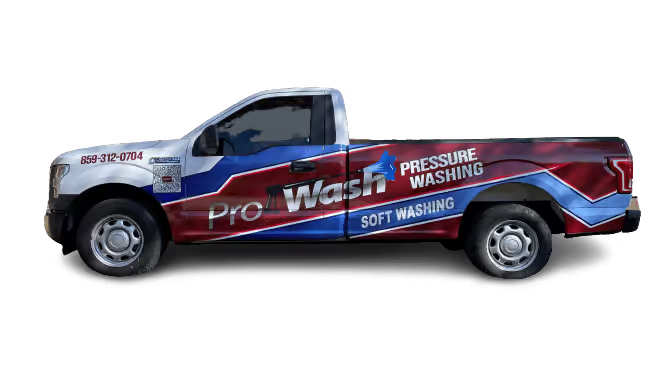Understanding PSI and GPM for Pressure Washers
Pressure washers are a popular choice for cleaning outdoor surfaces and equipment. They use high-pressure water jets to remove dirt, grime, and other contaminants from surfaces. While pressure washers are effective at cleaning a wide range of surfaces, it's important to understand the key performance metrics that determine their effectiveness. Two of the most important metrics are PSI (pounds per square inch) and GPM (gallons per minute).
What is PSI?
PSI (pounds per square inch) is a measure of the pressure of the water that is being emitted from the pressure washer. A higher PSI means that the pressure washer is able to generate more force, which is useful for removing tough stains and dirt. However, it's important to note that a higher PSI doesn't always mean a better cleaning experience. If the pressure is too high, it can cause damage to surfaces or even injury to the user.
What is GPM?
GPM (gallons per minute) is a measure of the flow rate of the water being emitted from the pressure washer. A higher GPM means that more water is being emitted, which can be useful for cleaning larger surfaces or for removing stains that require more water to loosen. However, it's important to note that a higher GPM can also increase the amount of water usage, which can be a concern for those who are looking to conserve water or who have water usage restrictions.
Choosing the Right Pressure Washer
When shopping for a pressure washer, it's important to consider both the PSI and GPM ratings. A pressure washer with a high PSI and a low GPM may be effective at removing tough stains, but it may not be the best choice for cleaning large surfaces or for conserving water. On the other hand, a pressure washer with a lower PSI and a higher GPM may be less effective at removing tough stains, but it may be more suitable for cleaning large surfaces or for conserving water.
understanding PSI and GPM is essential for choosing the right pressure washer for your needs. It's important to consider both the pressure and flow rate of the water being emitted, as well as any other factors such as surface type, water usage, and cleaning goals. By understanding these key performance metrics, you can ensure that you choose a pressure washer that is both effective and efficient.

